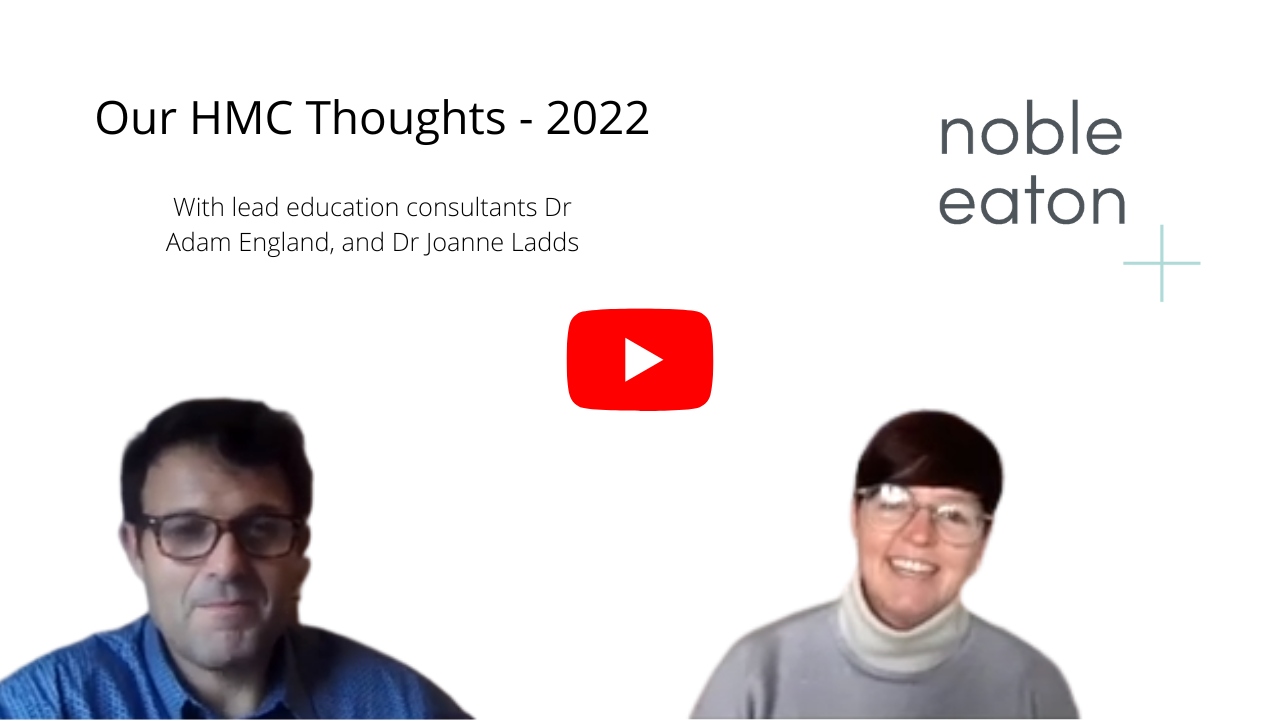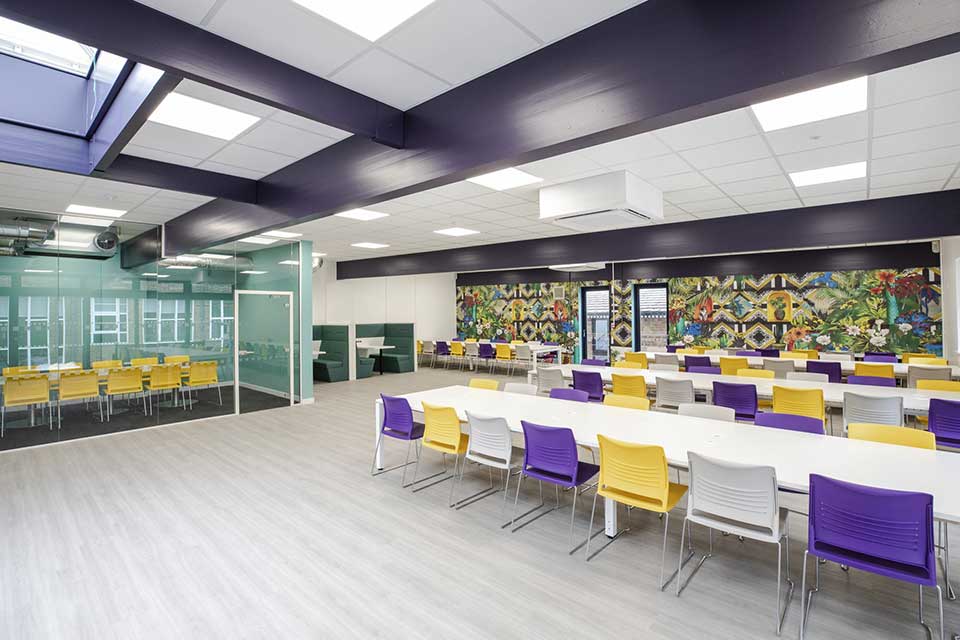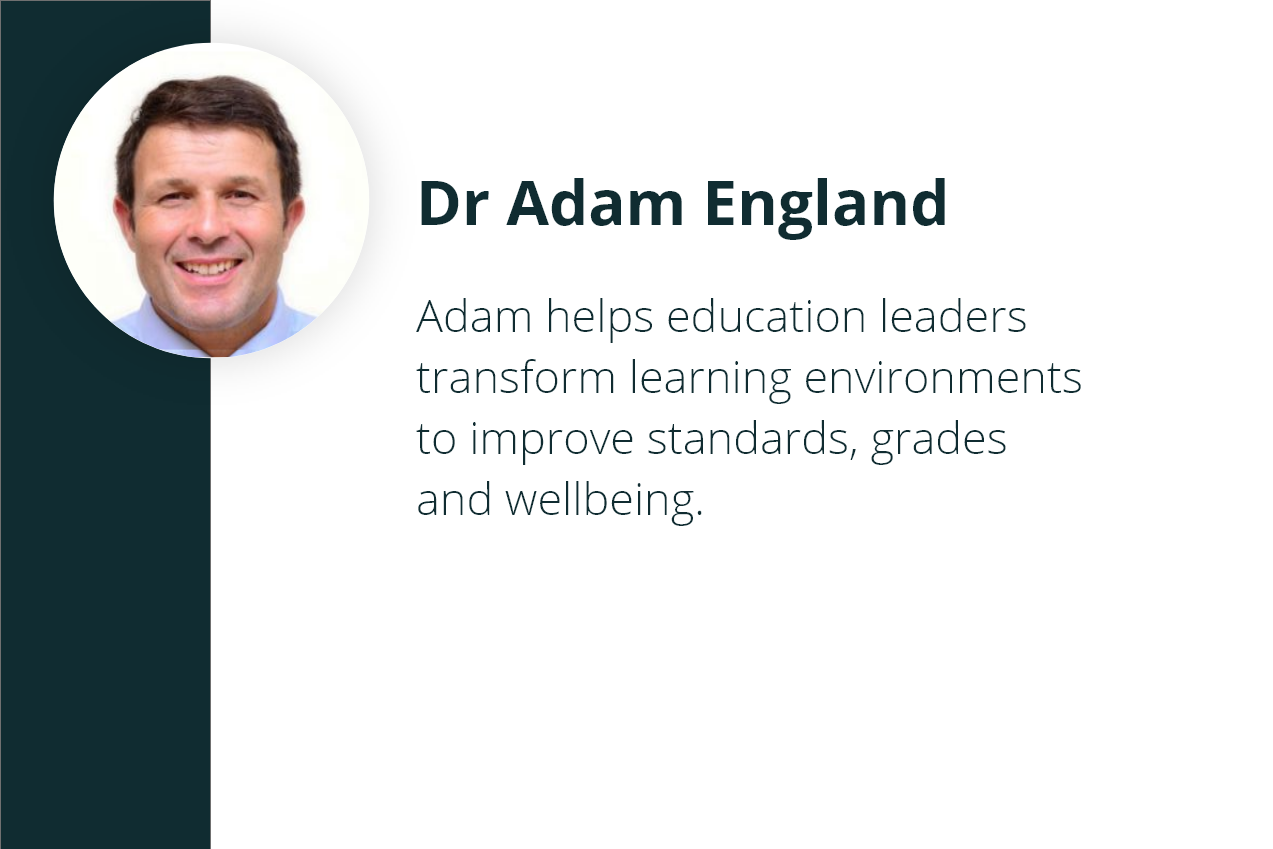Our HMC Takeaways – 2022


Don’t forget – we really want to hear about your experiences. It’s only by sharing and talking about these experiences and explorations that we will find the optimal combinations to support the broadest range of learners possible.
So please, join at our next CPD event in Halifax on the 15th of November 2022.



